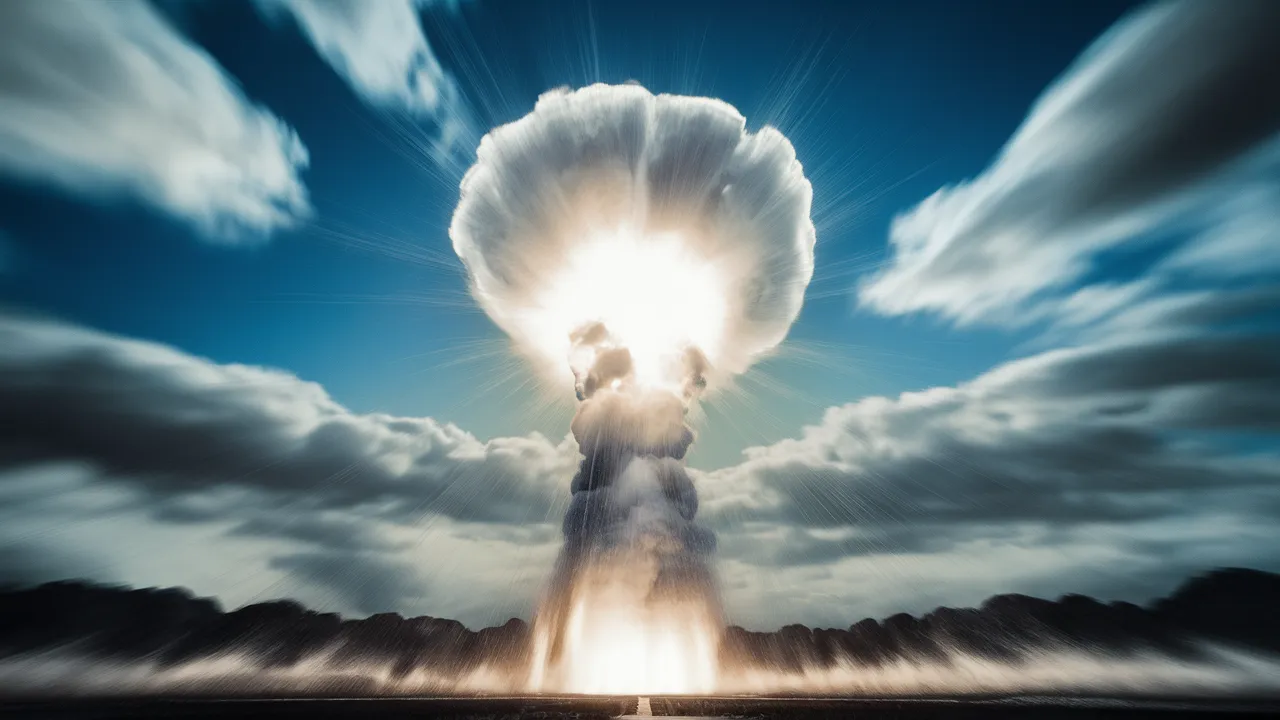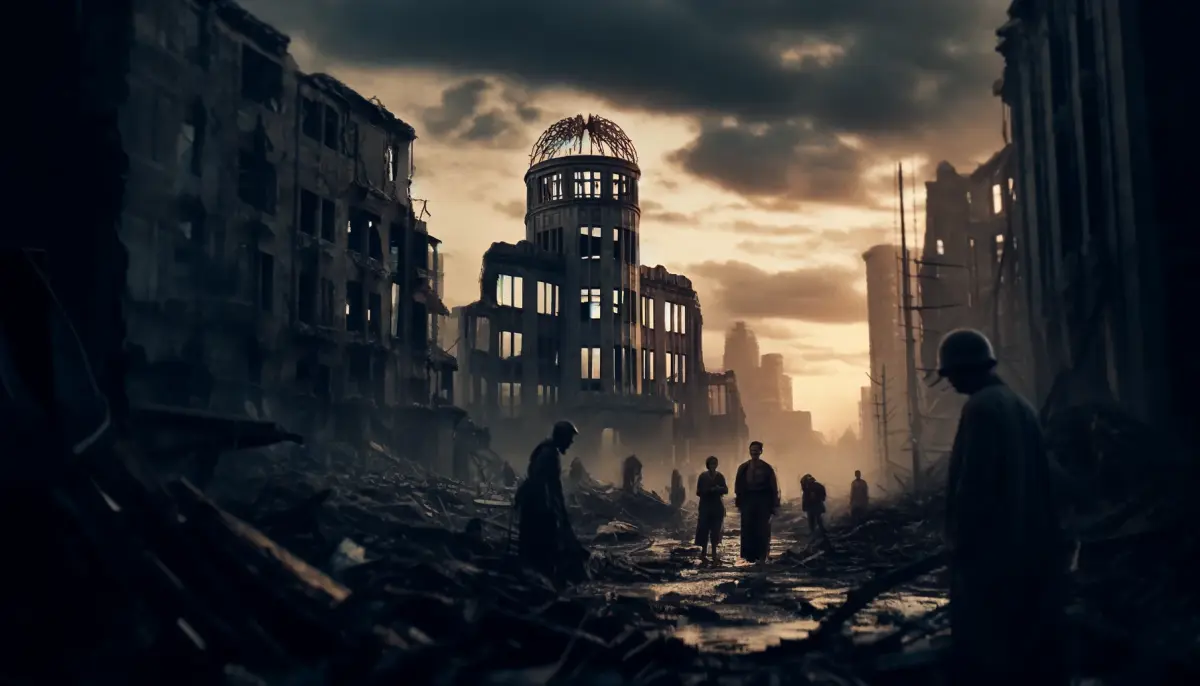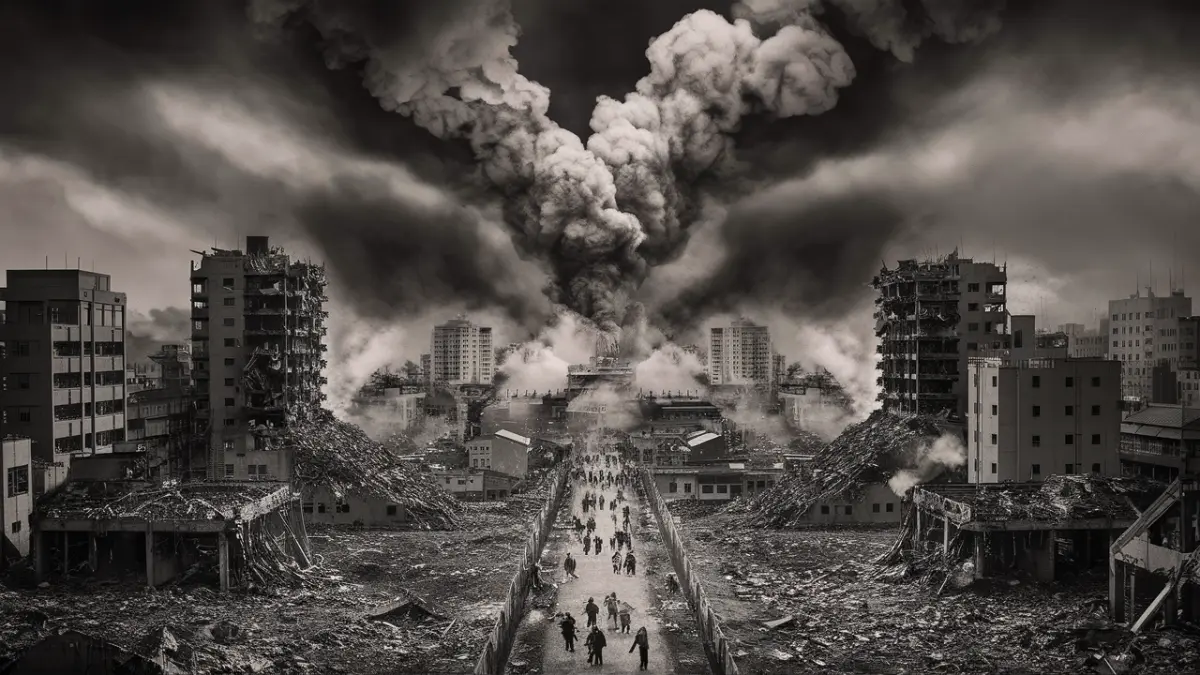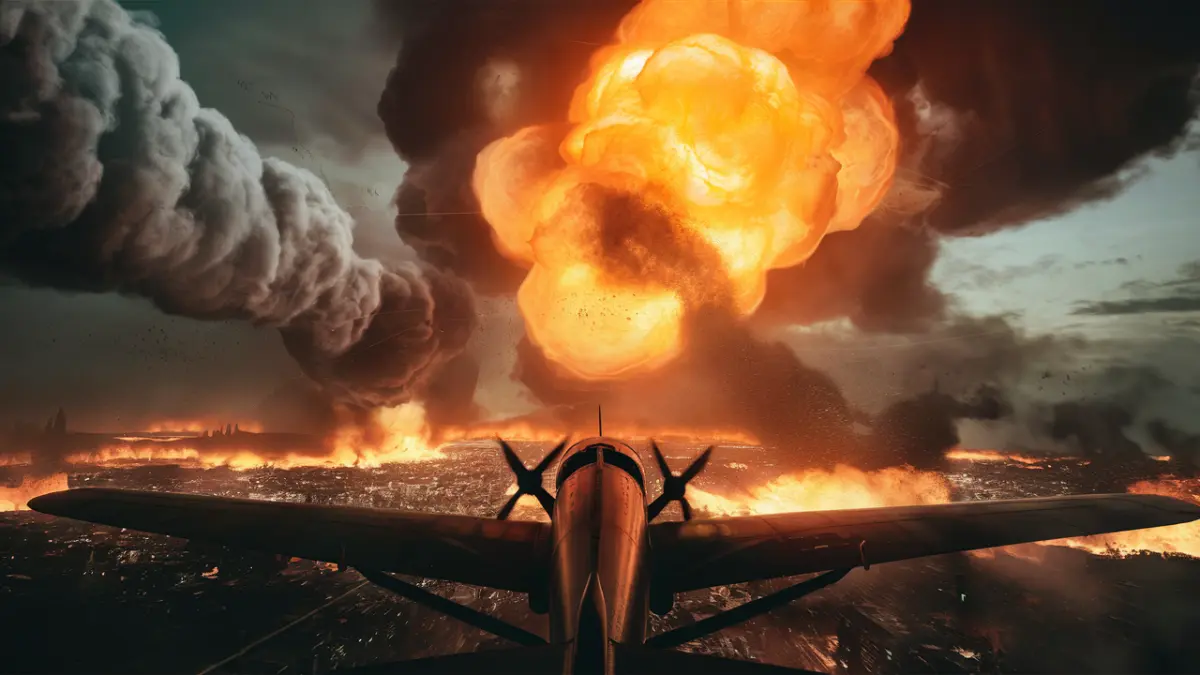10 Consequences of the Japanese Atomic Bombings You Should Know

You know those historic events that truly shake you to the core? The atomic bombings of Hiroshima and Nagasaki were definitely in that category - acts of destructive force unlike anything the world had seen before.
While the loss of life and devastation was staggering, the broader impact of those nuclear blasts would forever alter the course of human history in surprising and profound ways. Get ready to have your perspectives challenged on this darkest of chapters.
10. Massive Civilian Death Toll
Holy moly, the death toll from the atomic bombings was just insane. Like, over 80,000 people vaporized in Hiroshima alone - gone in an instant. And that's not even counting the tens of thousands more who succumbed to radiation sickness later on. In Nagasaki, the numbers were equally mind-blowing. Just imagine entire cities wiped out in the blink of an eye.
9. Unprecedented Destruction
You know those epic disaster movies where cities get leveled? Well, the atomic bombs took that to a whole new level of crazy. We're talking about metropolises reduced to mere piles of rubble in seconds flat. Buildings? Gone. Infrastructure? Obliterated. The scale of destruction was like nothing the world had ever seen before. Bombs on steroids, basically.
8. Radiation Sickness and Long-Term Health Effects
As if getting vaporized wasn't bad enough, the survivors had to deal with a whole new nightmare: radiation sickness. Imagine losing all your hair, getting horrific burns, and feeling sicker than a dog - all because of some invisible rays. Talk about a raw deal. And the really messed up part? Those rays could stick around and cause cancer or genetic mutations for generations to come. Yeesh.

7. The Birth of the Nuclear Age
With those bombs, humanity basically said "sayonara" to the old ways of warfare and ushered in the nuclear age. Suddenly, we had these crazy powerful weapons that could obliterate entire populations with the push of a button. It was like something straight out of a sci-fi flick. And of course, that kicked off an arms race between the US and Soviet Union that would define the whole Cold War era. High stakes stuff.
6. The End of World War II
While the ethics of the bombings are still heavily debated, one thing's for sure: they effectively ended World War II in a hurry. Japan was like "yeah, we're tapping out" just days after Nagasaki got walloped. Crazy to think those bombs brought the bloodiest global conflict in human history to a screeching halt. Talk about a mic drop moment.
5. The Rise of Anti-Nuclear Activism
You can't just nuke two cities and expect people to be cool with it, right? The bombings gave birth to a massive anti-nuclear movement, with survivors becoming some of the loudest voices against nukes. Hearing their firsthand accounts of getting blasted by those unholy weapons was enough to turn anyone into a disarmament advocate. The bombings made the whole world go "yeah, let's not do that again."

4. The Acceleration of the Cold War
Not only did the bombings end WWII, but they also kicked off the Cold War in high gear. The US flexed its nuclear muscle, and the Soviets were like "oh hell no, we need those too." Cue several decades of both superpowers stockpiling enough nukes to make Dr. Strangelove blush. The bombings turned the world into one big Mexican standoff that could've gone nuclear at any moment.
3. The Development of Nuclear Testing Programs
Speaking of nukes, both the US and Soviet Union went buckwild with nuclear testing after Hiroshima and Nagasaki. The Americans were out in the Pacific blowing up remote atolls, while the Soviets were nuking their own backyards. It was like a crazy arms race, but instead of stockpiling weapons, they were just detonating them willy-nilly. Environmental disaster? You betcha!

2. The Ethical Debate over Nuclear Weapons
Even today, people are still arguing over whether or not the atom bombings were ethical. Critics are like "yo, that was a war crime - you can't just nuke civilians like that." But others maintain they were a brutal necessity to end the war and prevent even more loss of life. It's a debate that'll probably rage on until the end of time.
1. The Enduring Legacy of the Bombings
At the end of the day, Hiroshima and Nagasaki left a mark on humanity that'll never fade. Over 70 years later, those bombings are still seared into our collective memory as a terrifying reminder of just how destructive we can be. They're a constant wake-up call for why we need to get rid of nukes for good before that kind of horror happens again.
